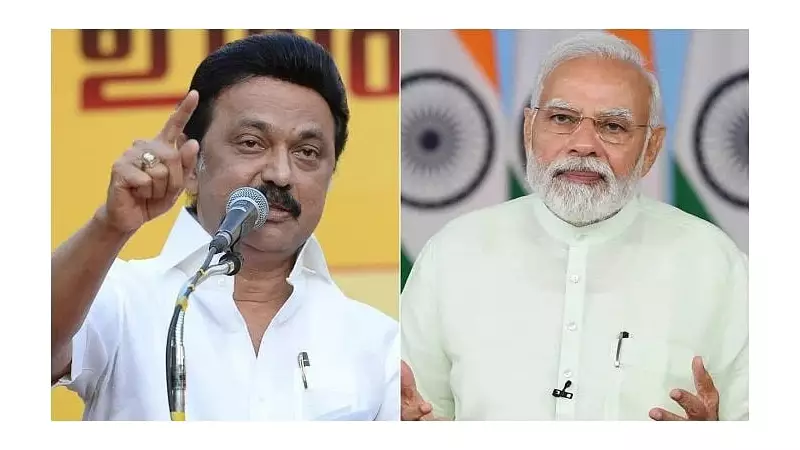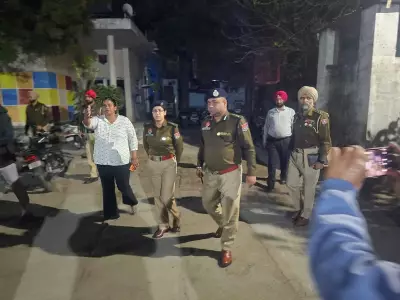
Tamil Nadu Chief Minister M.K. Stalin has strongly criticized the Union government for rejecting detailed project reports to build metro rail networks in Coimbatore and Madurai. The confrontation emerged just before Prime Minister Narendra Modi's scheduled visit to the state, escalating political tensions between the state and central governments.
Project Rejection Sparks Political Confrontation
The Union government officially returned the detailed project reports submitted for establishing metro networks in both Coimbatore and Madurai. The central authorities cited insufficient population figures in both cities as the primary reason for rejecting the proposals. This decision has triggered a significant political controversy in Tamil Nadu.
Chief Minister Stalin described the Centre's approach as "disgraceful" and accused the Union government of showing bias against Tamil Nadu's development needs. The timing of this rejection, occurring just ahead of PM Modi's visit, has added fuel to the ongoing political rivalry between the state's ruling DMK party and the central BJP-led government.
Population Criteria Becomes Central Point of Contention
The detailed project reports for both cities were returned on November 19, 2025, according to official records. The Union government's rejection was based on their assessment that neither Coimbatore nor Madurai met the required population threshold necessary for approving metro rail projects under current guidelines.
This population-based rejection has raised questions about the criteria used for infrastructure development in rapidly growing urban centers. Both Coimbatore and Madurai represent crucial industrial and cultural hubs in Tamil Nadu that have been experiencing substantial urban growth and traffic congestion issues.
Broader Implications for Tamil Nadu's Infrastructure Development
The rejection of these metro projects highlights the ongoing challenges in federal-state relations regarding infrastructure funding and approval. Chief Minister Stalin's strong condemnation reflects the growing frustration among state leadership over what they perceive as unequal treatment in development fund allocation.
This development also raises concerns about the future of urban transportation solutions in Tamil Nadu's tier-two cities. With both Coimbatore and Madurai facing increasing traffic congestion and pollution problems, the need for mass rapid transit systems has become increasingly urgent according to state government assessments.
The political fallout from this decision is expected to influence ongoing discussions about infrastructure development and center-state relations in the coming months, particularly as Tamil Nadu continues to push for comprehensive urban transportation solutions across its major cities.






